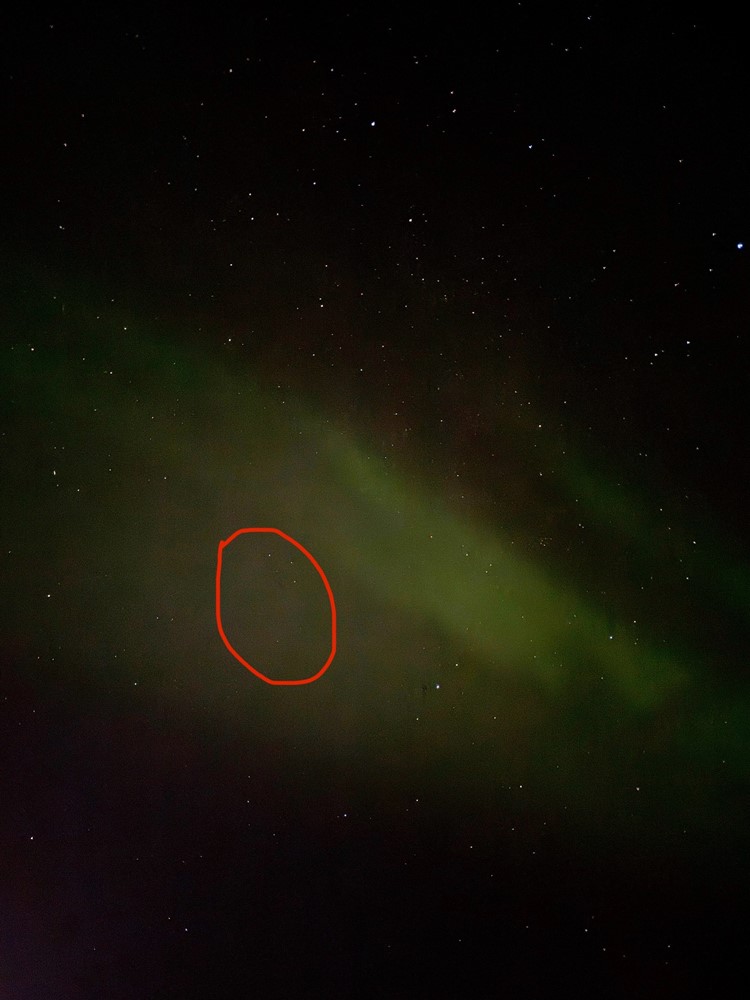WHALES IN MYTHOLOGY: FROM STARS TO SEA

Across cultures and centuries, whales and their kin have swum not only through oceans, but also through the stories humans tell about the world. They appear in the sky, in epic tales, and in seafaring legends, embodying mystery and awe.
Constellations and the Greek Sea Monster
In the night sky, the constellation Cetus takes its name from the sea monster of Greek mythology, the creature that Perseus fought to save Andromeda. From this same root comes the word cetacean, the family of whales, dolphins, and porpoises. Even in language itself, a trace of the myth survives, weaving together mythology, science, and the natural world. Another celestial reminder of this bond is Delphinus, the dolphin constellation, which the Greeks linked to stories of divine messengers and rescuers of sailors. The stars tell us that humans have always seen these beings as more than animals: they are symbols of power, danger, and salvation.
Whales in Icelandic Legend
Far from the Mediterranean, whales carried a different weight in northern seas. In Icelandic mythology, sailors told of the hrosshvalur, the "horse-whale," a fearsome hybrid of land and sea. This creature, dreaded by mariners, embodied both the peril and majesty of the ocean. It reminds us that in harsher waters, whales could be seen less as protectors and more as omens of danger, blurring the line between myth and the lived reality of survival at sea.
Symbols Beyond the Waves
From Greek constellations to Icelandic sagas, whales have stirred the human imagination as beings that bridge realms: sky and sea, dream and danger, myth and reality. When we look up at Cetus glittering in the heavens, or out across the vast ocean, we are reminded that whales are not only creatures of the deep, they are timeless symbols of our attempt to understand the mysteries that surround us.
Text & Photos: Dimitra Perari (Guide)


